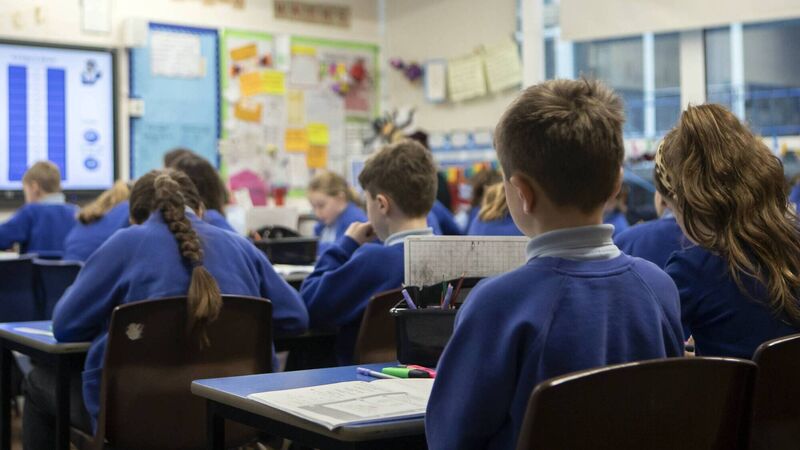Tue, 01 Jun, 2021 - 08:45
The tragedy of Brexit crystallised many differences, many of them predictable if not fully anticipated. One is that Cyprus, Malta, and Ireland remain the only EU countries to drive on the left hand side of the road.
Whether carmakers cherish those modest markets enough to satisfy them indefinitely seems a moot hope, even if ciotóg Britain is unlikely to embrace European driving habits.
Already a subscriber? Sign in
You have reached your article limit.
Subscribe to access all of the Irish Examiner.
Annual €130 €80
Best value
Monthly €12€6 / month
Introductory offers for new customers. Annual billed once for first year. Renews at €130. Monthly initial discount (first 3 months) billed monthly, then €12 a month. Ts&Cs apply.
CONNECT WITH US TODAY
Be the first to know the latest news and updates

















